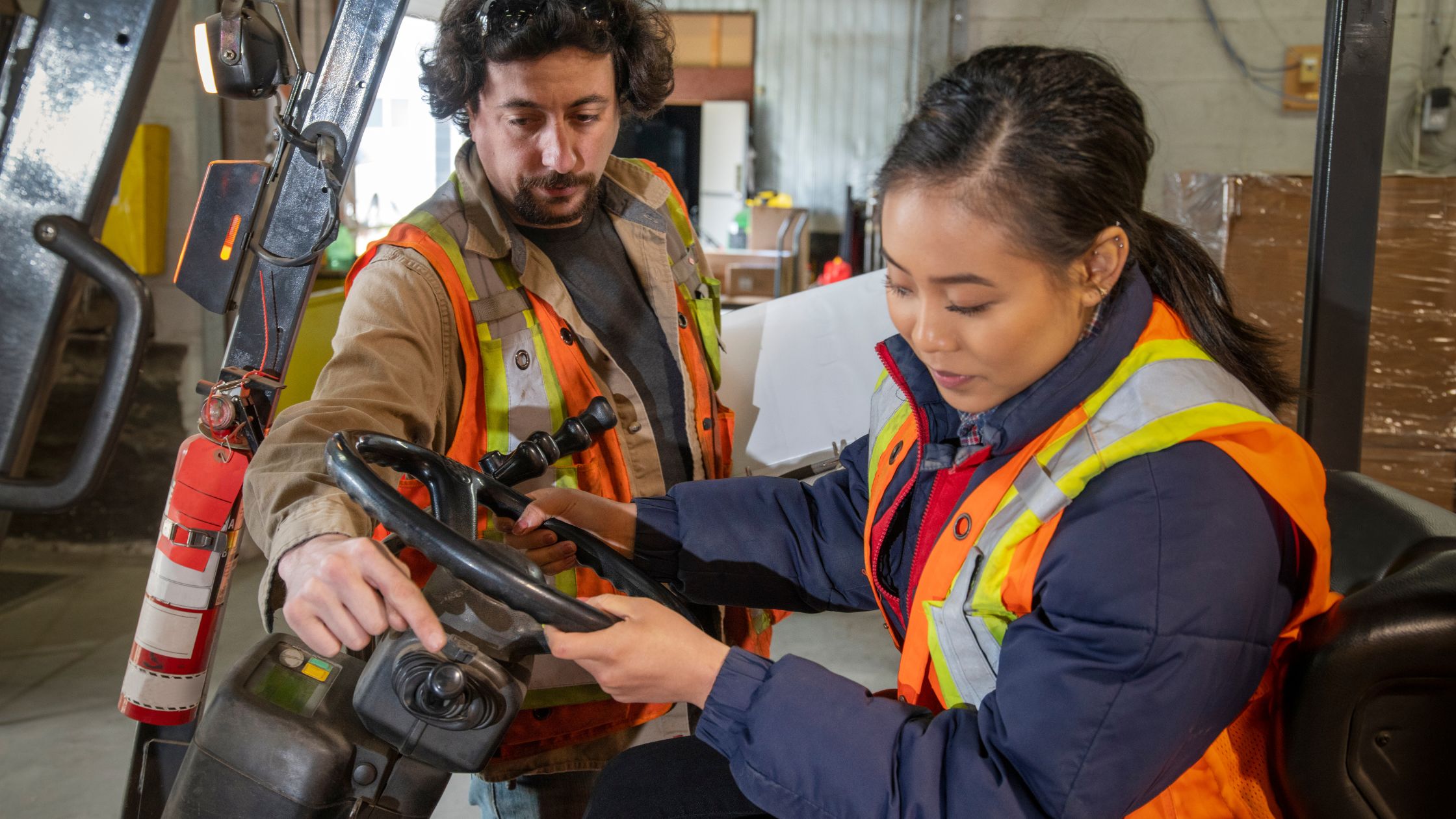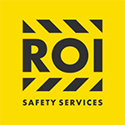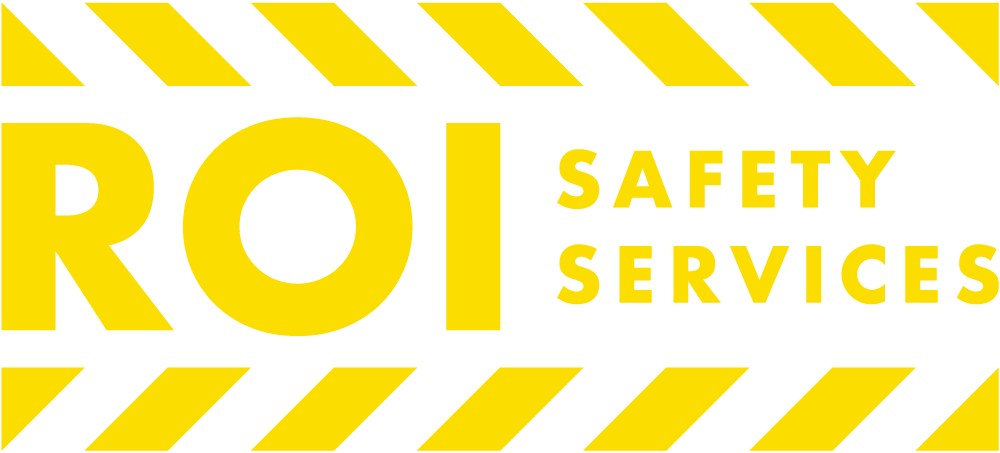
In the hustle and bustle of industrial operations, where efficiency and productivity often take the spotlight, safety measures can sometimes be overlooked. However, a recent tragedy at the Port of Los Angeles serves as a stark reminder of the critical importance of proper forklift training and safety protocols in the workplace.
On KTLA News, a sobering headline shook the community: “Worker Killed in Port of Los Angeles Forklift Accident.” The incident not only resulted in the loss of a valuable life but also highlighted the potential dangers associated with operating forklifts without adequate training and precautions in place.
Forklifts are indispensable tools in various industries, facilitating the movement of heavy loads with relative ease and efficiency. However, they can also pose significant risks if not handled properly. From collisions and tip-overs to falls and crushing injuries, the potential hazards associated with forklift operation are numerous and often severe.
In light of such risks, investing in comprehensive forklift training programs is not just a legal obligation but a moral imperative for employers. Proper training equips operators with the knowledge and skills needed to safely maneuver these powerful machines, reducing the likelihood of accidents and injuries in the workplace.
At ROI Safety Services, we understand the gravity of forklift-related incidents and the profound impact they can have on individuals, families, and businesses. That’s why we advocate for proactive measures to mitigate risks and prioritize safety at every step of the way.
Our forklift training programs are designed to instill best practices in operators, covering essential topics such as:
1. Operating Procedures: Understanding the fundamentals of forklift operation, including starting, stopping, steering, and lifting techniques.
2. Safety Guidelines: Familiarizing operators with safety protocols, such as wearing seat belts, maintaining clear visibility, and observing speed limits.
3. Hazard Awareness: Identifying potential hazards in the workplace, such as uneven surfaces, congested areas, and overhead obstacles, and implementing strategies to mitigate risks.
4. Emergency Response: Equipping operators with the knowledge and skills to respond effectively to emergencies, including vehicle malfunctions, spills, and collisions.
By investing in comprehensive forklift training, employers not only fulfill their legal obligations but also cultivate a culture of safety within their organizations. When operators are empowered with the right training and resources, the likelihood of accidents decreases, productivity increases, and everyone benefits.
Moreover, prioritizing safety isn’t just the right thing to do—it’s also good for business. By reducing the frequency of workplace accidents, companies can avoid costly fines, litigation, and downtime, ultimately safeguarding their bottom line and reputation.
As we reflect on the tragic incident at the Port of Los Angeles, let us renew our commitment to safety and take proactive steps to prevent similar occurrences in the future. At ROI Safety Services, we stand ready to support organizations in their journey toward a safer, more secure workplace environment.
Together, let’s ensure that every forklift operator is equipped with the knowledge, skills, and training needed to navigate their responsibilities safely and effectively. Because when it comes to workplace safety, there’s no room for compromise.

